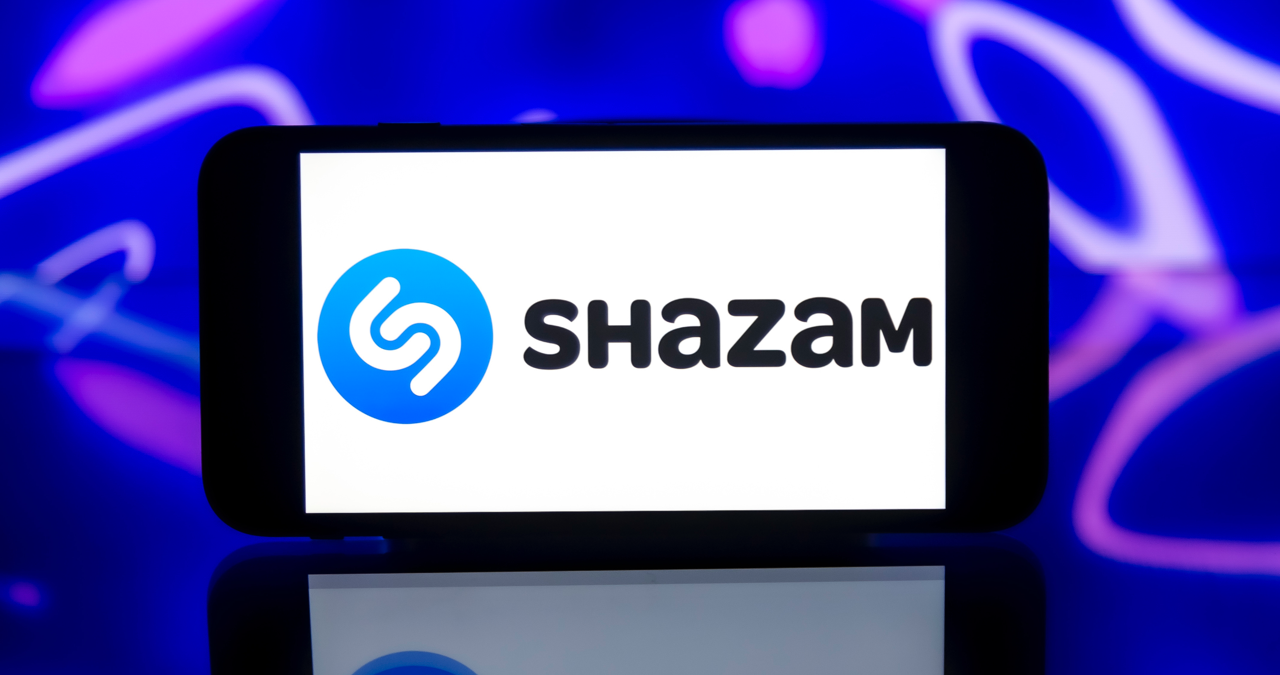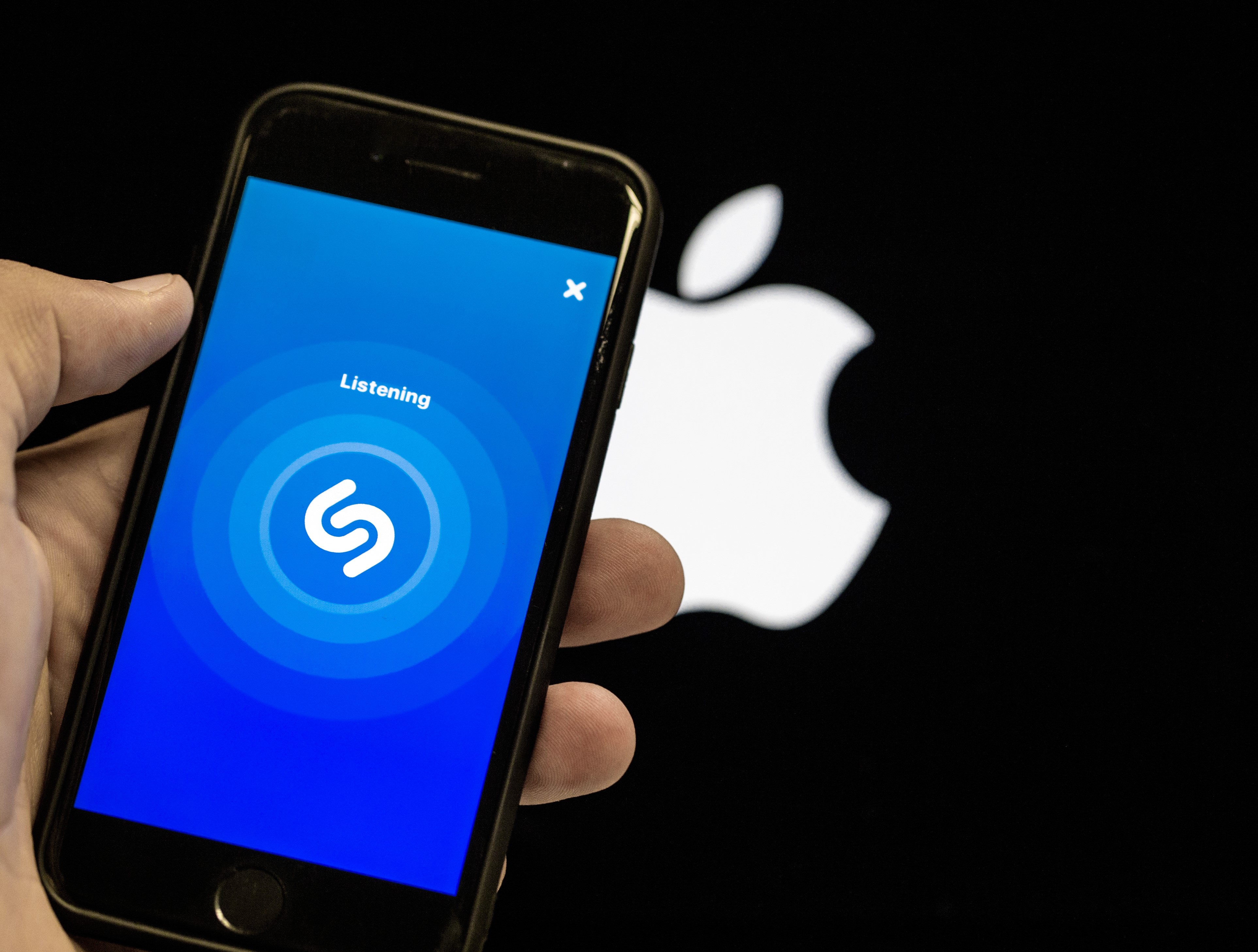
Today, the hugely popular music recognition app Shazam announced the rather staggering news that its app-based service had exceeded 100 billion song recognitions. To put that in perspective, that's the equivalent of 12 songs for every person on Earth (not that every person on Earth has downloaded Shazam, mind.)
The company, was (surprisingly) first launched in 2002 as a simple SMS-based 'tell me what song this is' service, but would fully explode in the 2010s - following its iOS app becoming a must-download on the blossoming App Store. It would later be acquired by Apple in 2018.
Since then, it has become the market-leader in song identification and has also become a useful tool for self-releasing artists to identify the popularity of certain tracks.
It's in this context that Shazam has become a culturally ubiquitous platform, with the company name becoming something of a Google-esque verb - 'just Shazam it' is now a common thing to suggest if someone is keen to find out the artist behind a certain song or track playing at a bar a club, on a TV show, or anywhere, really…
“This monumental milestone not only reflects how much people enjoy using Shazam, but also their appetite for new music,” says Oliver Schusser, Apple’s vice president of Apple Music and Beats. “Music discovery is at the core of everything we do, and we keep innovating to make sure music lovers around the world can tap the Shazam button no matter where they hear music playing!”

Shazam have provided a useful statistical breakdown of their 100 billion milestone:
- 100 billion song recognitions is the equivalent of 12 songs identified for every person on Earth.
- A person would need to use Shazam to identify a song every second for 3,168 years to reach 100 billion.
- This is more than 2,200x the number of identifications of Shazam’s top song ever, 'Dance Monkey' with over 45 million tags.
- Benson Boone’s 'Beautiful Things' was the first track released this year to hit 10 million recognitions, and the fastest, doing so in 178 days. At that pace, it would take more than 4,800 years for it to hit 100 billion.
Though sporting 300 million active users, Shazam cite the app's centrality to popular culture as a pivotal part of just why it has been used so frequently; "During this summer’s games in Paris, Kavinsky’s 'Nightcall' became the most identified song in one minute," Shazam say, pointing to it as an example of the app pushing the boundaries of music discovery for a global audience.
For more information on Shazam's extraordinary growth, head to Shazam.com







